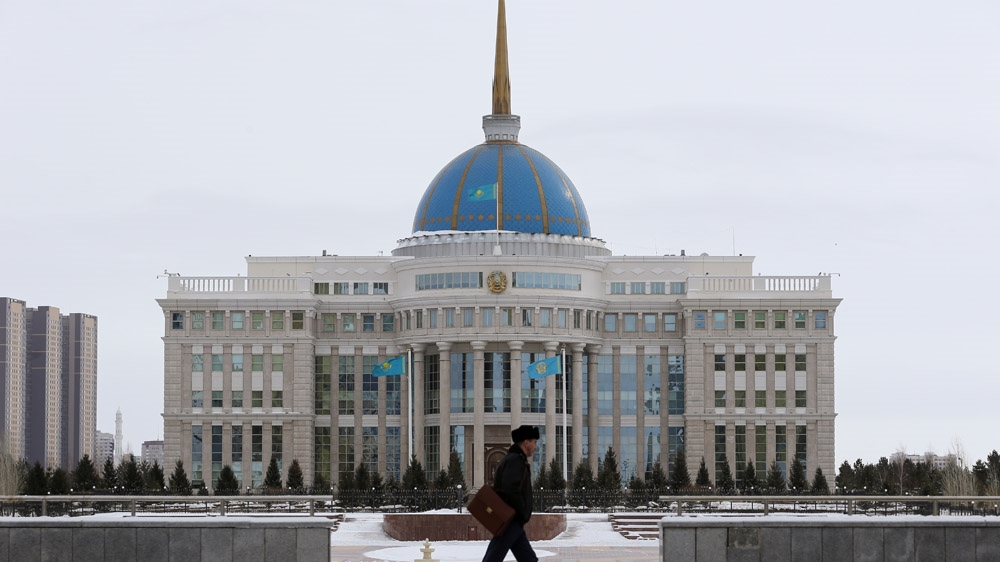
Kazakhstan’s President Kassym-Jomart Tokayev has approved a proposal to restore the capital’s previous name Astana, in a new sign of a break with the legacy of the country’s former longtime leader, President Nursultan Nazarbayev.
The skyscraper-filled capital of the Central Asian country was renamed Nur-Sultan in March 2019, in honour of outgoing president Nazarbayev.
Authoritarian leader Nazarbayev ruled the ex-Soviet republic from 1991, building a personality cult around himself, before a surprise resignation in 2019 when loyalist Tokayev took over.
Tokayev gradually distanced himself from his mentor by launching reforms and sidelining the former president’s influential clan.
Presidential spokesman Ruslan Zheldibay said on Tuesday that an amendment to reinstate the capital’s previous name was included in draft legislation by lawmakers “with the president’s approval”.
“The President is informed about this initiative by deputies, who in turn relied on suggestions repeatedly expressed during meetings with the population, as well as in numerous addresses from citizens during the referendum,” Zheldibay wrote on Facebook.
“At the same time, the president sees Nursultan Nazarbayev’s decisive role in strengthening the modern statehood of Kazakhstan and the establishment of the capital as a historical fact,” Zheldibay said.
“Therefore, other landmarks named after the first president will keep their names,” he added.
The break between Nazarbayev and Tokayev has become more stark since deadly riots in January.
After the unrest, Nazarbayev was stripped of his title of “Elbasy”, or “Leader of the Nation” – a role that afforded him influence over policymaking regardless of his formal position.
Some members of his close circle were removed from high positions and one of his nephews was arrested for embezzlement.
Tokayev also publicly criticised his predecessor after the violence in January, saying Nazarbayev’s rule had created “a layer of wealthy people” – though he also continued praising him.







